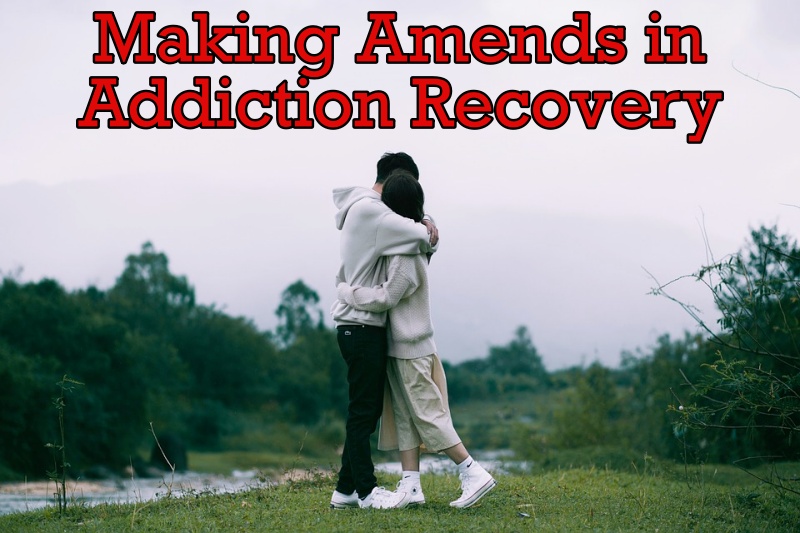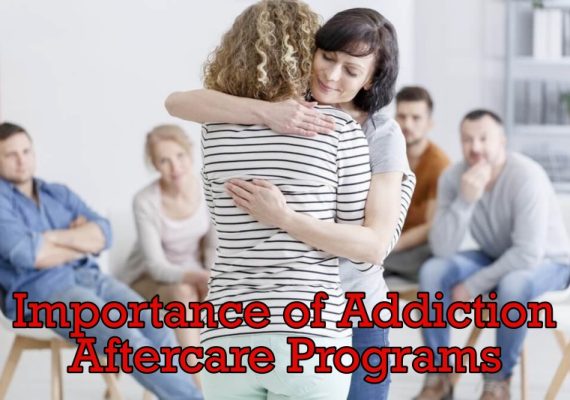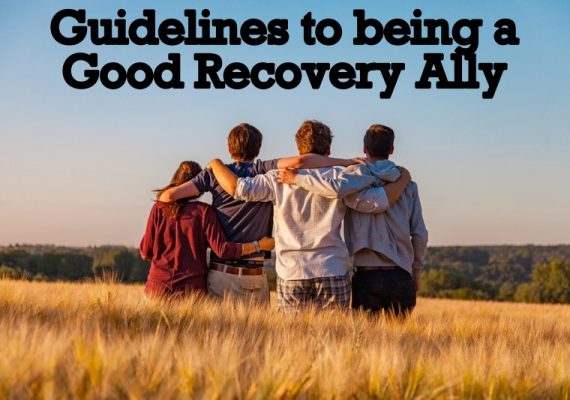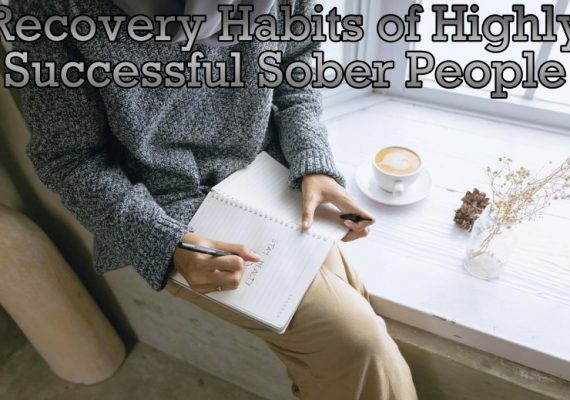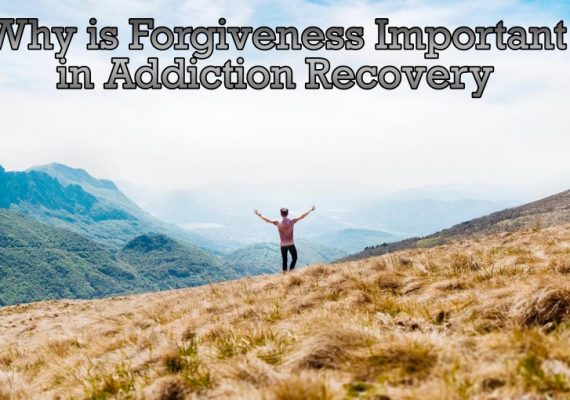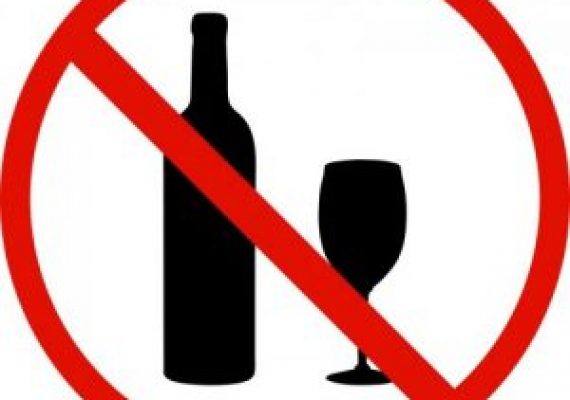Making Amends in Addiction Recovery
Amends in the 12-Step Addiction Recovery Process
When you’re active in addiction to drugs or alcohol you’ve probably found yourself acting and behaving in ways that go against your personal values and standards. The Twelve Step recovery process involves recognizing how this behavior has harmed others and seeking to repair the mistakes and damages you’ve caused in your addiction. Step Eight and Step Nine of AA (Alcoholics Anonymous) defines this as “making amends” which is offering a sincere apology for your treatment of others. Silver Linings Recovery Center answers questions about the reconciliation process and why making amends is vital to addiction recovery and mental health.
What is a Direct Amend?
In Twelve Step recovery from alcohol or drugs, a direct amendment is when you personally address issues with people who have been harmed by your behavior or treatment because of your addiction. This involves going to each individual and acknowledging the harm/hurt you’ve caused them and demonstrating changed behavior to give them an opportunity to heal. A direct amendment should be done in a face-to-face situation.
Making Amends vs. Apologizing in Recover
Amends are actions taken to demonstrate your new life in recovery, whereas apologies are just words expressing your future actions. When making amends in recovery, you admit past wrongdoings and align your values and your actions.
For example, you may intend to go to a family’s gathering, but you don’t show up at the event. While you can apologize later for missing the event, the apology consists of words, rather than actions/changed behavior.
To truly make amends in your recovery, you have to offer more than words.
How Making Amends Helps in Addiction Recovery
Taking the steps and making the commitment to your actions helps those in addiction recovery separate from the disease of addiction. Steps 8 and 9 of AA allow you to move out of the shame of addiction, which only fuels the cycle of substance abuse. When you commit yourself to repairing relationships, you strengthen and reinforce healthy, long-term recovery.
When you’re ready to make amends in your journey in sobriety, keep a few things in mind:
- Identify the People you Harmed
- Reflect on your Actions
- Make a Plan
- Start Making Amends
- Seek Professional Help
There isn’t a set timeline for working Steps 8 and 9 of the Twelve Step Program. It is best to ask your sponsor for their insights about whether you’re ready to move into this next step of the recovery process. In Twelve Step recovery, you must determine your own pace. Silver Linings Recovery Center offers inpatient treatment programs, outpatient treatment and addiction therapy programs. Our Bucks County PA and Mercer County PA facilities help you navigate to sobriety and set you up with the tools to successfully navigate recovery. Get Help Now: 855-960-3769.

